Fifteen Minutes of Fame
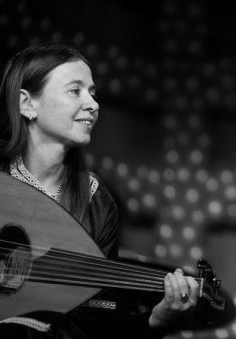
Marina Toshich
Marina Toshich was born in Sarajevo, Bosnia and Herzegovina (Yugoslavia) in1968. She became involved with music at an early age and had the unique opportunity to learn folk songs of Sarajevo's multi-ethnic cultures including Serbian, Muslim, Croatian and Jewish. After high school she left for Krakow, Poland to study at the "Jan Matejko" Art Academy where, after five years, she received a Master of Arts degree. Shortly after graduating in 1991 she went back to Sarajevo, but had to flee because of the war. She has lived in Israel for the last 15 years. During this time Marina enhanced her knowledge of Israeli folk music and Middle Eastern music at the Bar Ilan University, and further developed her art and musical skills. She graduated at "Rubin" - Jerusalem Academy of Music and Dance, at Arabic Music Department. Her compositions, in the genres of Arabic classical music are performed by "The End of the West Ensemble". Marina's first book for oud learning was published by Mel Bey in USA in 2009 in English language and the second book, also for oud & makam studying is about to be published in Chitory publications in Hebrew. She plays oud in The New Andalusian Orchestra, Ensemble Golha of Persian music, "The End of The West" and in "Gipsy Han" ensemble of world music
Concert Dates
- September 8, 2012 - YOUNG YIDDISH CENTER - Tel Aviv
15 one-minute selections for Marina Toshich
-

the Rainmaker
José Jesus de Azevedo Souza
Western composer José Jesus de Azevedo Souza, of Eastern origin, has had his music extensively performed internationally and broadcast in the Middle East on the Voice of Jerusalem.
Blending an Israeli wedding song Dodi Li (verses 2:16, 3:6, 4:9 and 4:16 from Shir Hashirim or Song of Songs), resulting in this piece’s name, symbolising Western-Eastern Unity, with a Turkish tune Biz Ayrilamayiz , the composer creates a vibrant soundscape which the performer is encouraged to embellish at will.
-
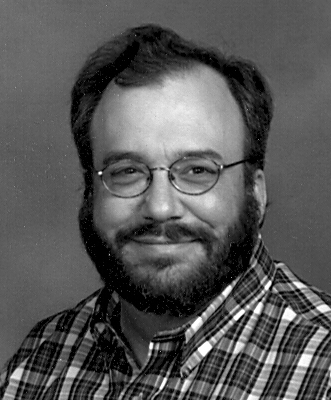
Dulab
David Bohn
David Bohn received degrees in composition from the University of Wisconsin, University of Wisconsin-Milwaukee, and the University of Illinois. He currently resides in West Allis, Wisconsin, and is the music director at St. John's Lutheran Church in West Milwaukee. He is the President of the Wisconsin Alliance for Composers.
-

Tahrir Lullaby
Andy Cohen
Andy Cohen studied classical music at Oberlin and Manhattan School of Music, and currently works in New York City as a composer, sound designer, and music director for theater performances. "Tahrir Lullaby" came out of his work on the production ³Mahalla², a movement play about the Egyptian Revolution. For more information, visit www.andycomusic.com
Tahrir Lullaby is freely derived from the melody of the Egyptian children's song ³Mama Zamanha Gaya². It is inspired by Tahrir Square and the recent Egyptian Revolution, which begets contradictory feelings of exhilaration and trepidation.
-
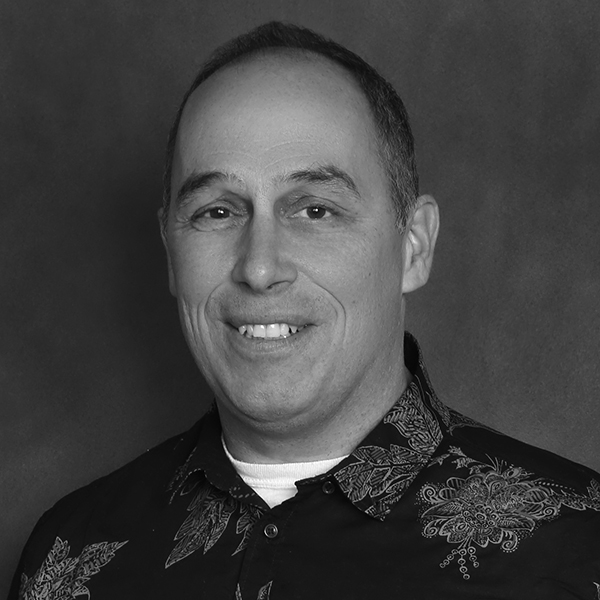
Maqam Novum
Douglas DaSilva
Douglas DaSilvais a composer, guitarist, educator and Artistic Director of the Composer's Voice Concert Series and Premiere Salon Concerts in New York City. He composes in various styles including jazz, pop, children's music, chamber music and experimental. Much of his writing is influenced by Brazilian music and self-inflicted stress.
The idea was not to create a new Maqam based on tones; but to create something that feels unique to the hands and the mechanisms that operate them: a tactile mode. The piece travels through Hijaz, Sika, Saba, and Rast. Novum functions as the portal between the Maqamat finally collaborating with Hijaz demonstrating the Maqamat’s acceptance of Novum.
-
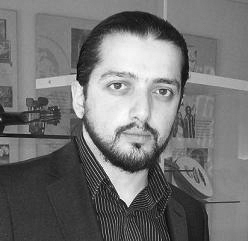
Prel Oud
Stavros Hoplaros
Stavros Hoplaros holds a Masters in Music Composition from California State University Long Beach, where he studied with a Fulbright Scholarship. He has composed in a wide variety of musical styles and ensembles and received performances by many distinguished artists.
Prel Oud is a short piece for solo oud in 2 sections. The first section is a brief taqsīm (Arabic: “division”) in free tempo during which the musical mode is established and the second section is a faster passage in 7/8. The mode consists of two tetrachords which in Western tradition would be interpreted as Tone-Semitone-Semitone and Semitone-3 Semitones-Semitone, when the mode is ascending and Tone-Tone-Semitone and Semitone-Tone-Semitone when the mode is descending.
-
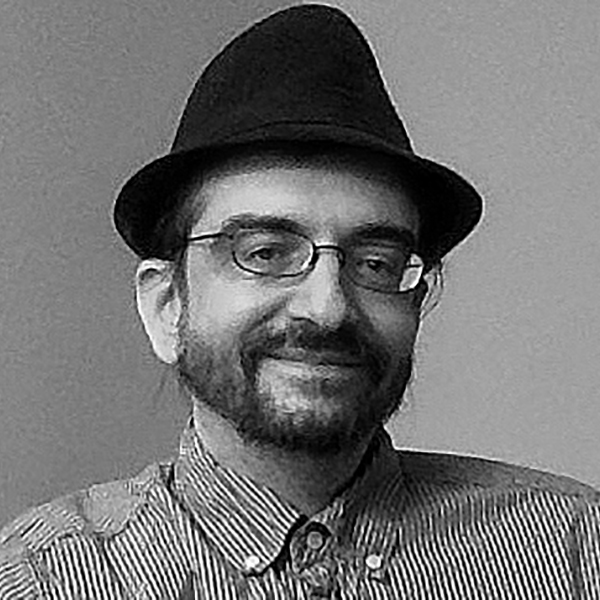
In the Early Dawn
Nebojsa Macura
Born in 1982 in Belgrade, Serbia, Nebojsa S. Macura has resided in North America since 1990. He holds degrees from the University of Cincinnati (DMA), University of British Columbia (MMus), and University of Wisconsin-Madison (BMus). His music has been performed in ten US states and three Canadian provinces.
The late-night hours are often the most productive time for my musical activities. This composition was written in the early dawn of several days in June 2012.
-
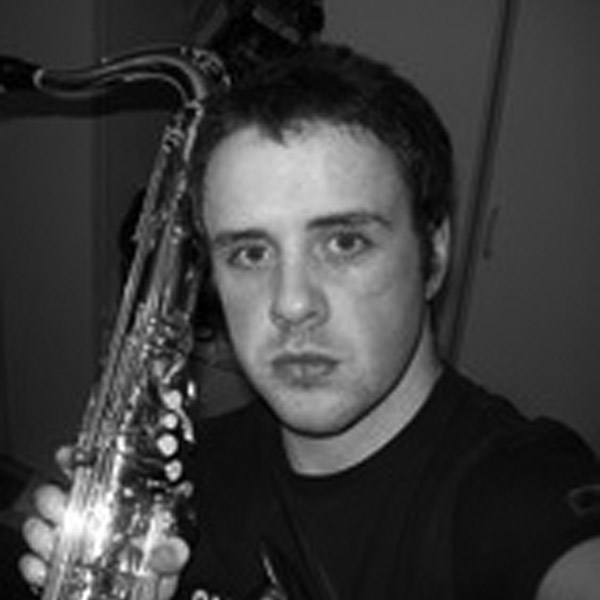
Vertical Descent
Daniel Mc Dermott
Daniel Mc Dermott is an Irish composer and Producer. He studied in Queens University Belfast, Dundalk Institute of Technology and Trinity College Dublin. His music fuses elements of Jazz, classical, world and electronica. He has won two awards for his classical music including the Irish Free State 7 held annually by the Crash Ensemble. He has released two albums; his second from nothing to nothing was released on London record label Malatoid records in April.
This composition “Vertical Descent” fuses an Indian rag with Middle Eastern instrumentation within a simple form. The form and melodic line is derived from its name; a vertical octave idea followed by a descending figure. Harmonically it is loosely based on the Charukeshi Rag from the Carnatic Tradition in Indian music: C-D-E-F-G-Ab-Bb-C.
-
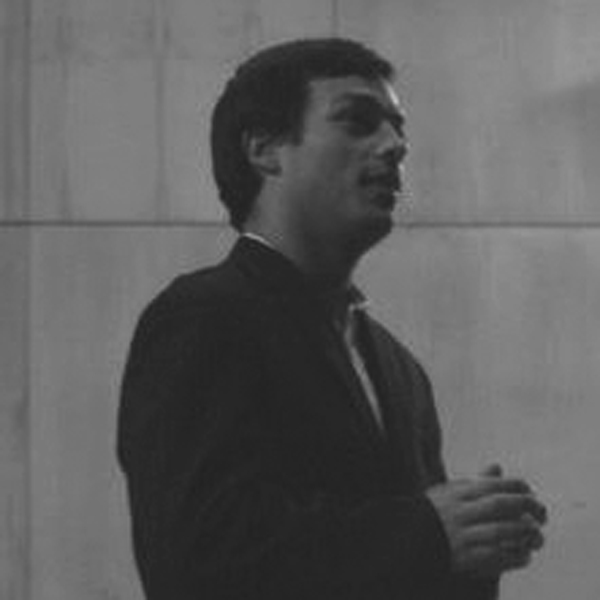
Improvisation for Oud
Daniel Mihai
Daniel Mihai studied with the Maestros and teachers like Serban Nichifor, Stefan Gheorghiu and a lot of great teachers of Romanian School of Music! He has attended MBA courses in the Faculty of Performing Art, with the objective of improvement and assimilation of all knowledge related to contemporary music.
-
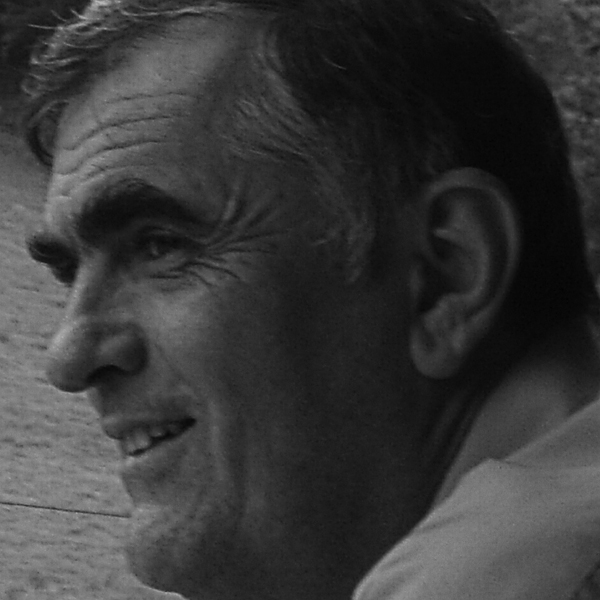
Harp Song
Serban Nichifor
Serban Nichifor, born in Bucharest, Romania on August 25, 1954. He received his Doctorate in Musicology at National University of Music, Bucharest. He is the Vice-president of the Romania-Belgium. He is presently a professor at the National University of Music, Bucharest. Serban Nichifor has been awarded composition prizes at: Amsterdam (First Prize Gaudeamus), Tours, Athens, Urbana-Illinois, Evian, Toledo, Trento, Roma, Bydgoszcz, Köln, Karlsruhe, Newtown-Wales, Birmingham-Alabama. Comandor of the "Merit National Order" (2000). Works published at: Editura Muzicala (Bucharest), Edition Modern (Munchen), "Pro musica Studium"(Roma), "Quadrivium Music Press" (New York), "Mnemes" (Palermo).
This composition is dedicated to the marvelous oud virtuoso MARINA TOSHICH. The music is based on some Aksak Rhythms utilised also by my very dear wife, the women composer LIANA ALEXANDRA in her monumental Symphony No.9 JERUSALEM: http://www.youtube.com/watch?v=ec90hqet7YY&list=UUaVTyYERKG-0YhRusb1f2Lg&index=4&feature=plcp
-
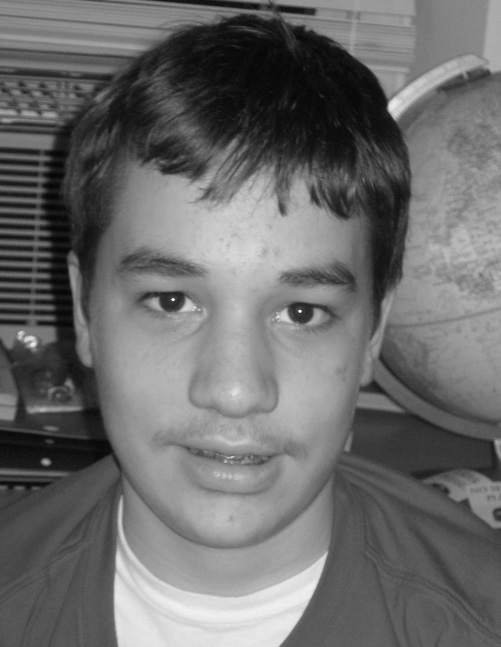
Oud Ples
Jimmy Pigott
Jimmy Pigott studies viola and piano in New York City. His compositional style is usually classically structured; and although he occasionally experiments in this capacity, his focus is on the exploration of the oft neglected consonants. Jimmy is Assistant Stage Director for the Composer's Voice concert series.
Dig Jimmy's piece is called "Oud Ples" I have his program notes somewhere around here! I'll send them as well as mine soon.
-
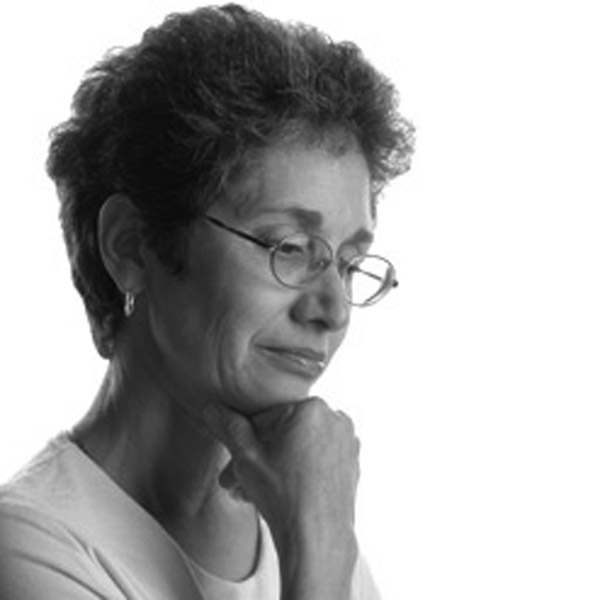
Lament of Lamech
Anna Rubin
Anna Rubin's music has been heard on four continents. She often composes for electroacoustic media as well as a wide variety of traditional and folk instruments from the Renaissance to the present.
The title derives from a legend attributed to the medieval Muslim intellectual Al-Farabi. Lamech, 6th grandson of Adam, was grieving his dead son whose body hung from a tree. The shape of the first oud was inspired by the shape of the boy's skeleton.
-
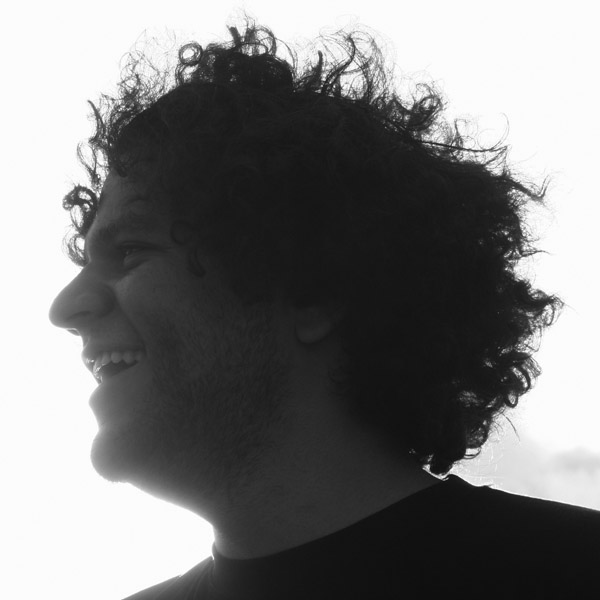
Leyli and Majnun
Ehsan Saboohi
Born in Tehran, Iran, September 1981. He earned his Master degree in composition at the Art University Tehran 2009. Apart of being composer, Ehsan currently is a professor in Music at the University of Applied Science and Technology Tehran since 2010.
"Leyli and Majnun" is an immortal love story sometimes compared to "Romeo and Juliet" though it predates Shakespeare in oral tradition by more than 1,000 years. Today, it is still one of the most popular epics of the Middle East and Central Asia among Arabs,
-
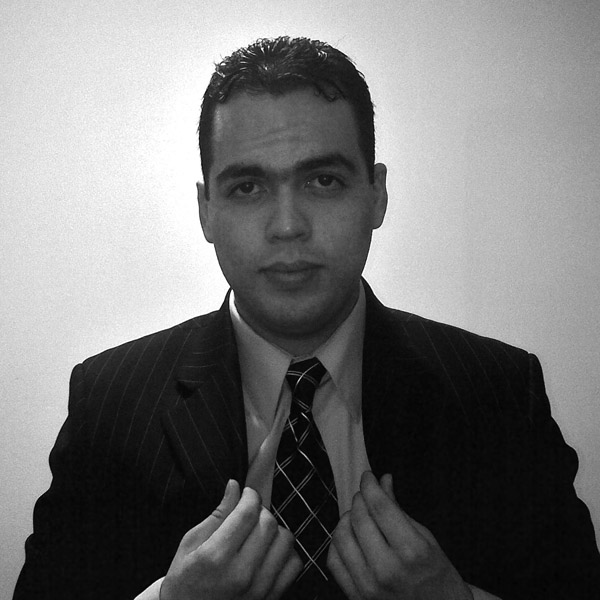
Seashore
Ruben Toledo
Ruben Toledo was born in San Juan, Puerto Rico. Complete their studies in music at the Conservatory of Music of Puerto Rico in Music Education. It excels as a composer, arranger, conductor, guitarist, pianist, euphonist and teacher at the Music School of San Juan and in the Congregation Mita Church.
While I looked a picture of the sea, in my mind passed an image that everybody wants to live: walking by the sand with the sound of the waves. That’s the same sensation that I feel when I listen this melody that contains a minute of musicality, pureness and inspiration.
-
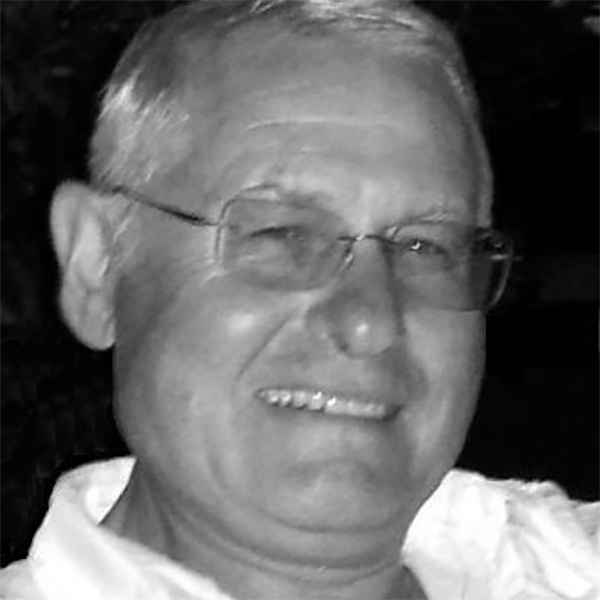
Pastourelle
Jean-Pierre Vial
Jean-Pierre Vial, French, born in 1946, former software designer. At an early age, learned the piano, the organ, and composed several pieces for both instruments. Now creates scores and audio mockups (e.g., two piano concertos) using computer resources. Pleased to be played by real performers.
To audience from old Europe, oud music sounds as those medieval songs which tell of a romance between a knight and a sheperdess, often named Marian. Quite logically, a song based on this « pastourelle » (pastorale) could tell of the romance between Maid Marian and Robin ... Oud.
-

A Turn in Time
Rain Worthington
Rain Worthington's music “…take(s) ideas of American musical style to a new place – like a walk in a familiar, yet very different park." Rain’s emotionally evocative compositional style is nuanced, delicate, powerful and transporting. She has been influenced by world music, minimalism and romanticism.
Notes carried on winds of memory from a time of traveling.